From July 9 to 11, 2025, LOCALISED was at the Lisbon Livable Cities Conference 2025, organised by AMPS (Architecture Media Politics Society), an international, interdisciplinary research organisation brnging together academics and professionals around how we inhabit, teach, and interpret the built and natural environments. The event took place at the Instituto Universitário de Lisboa (Iscte).
Indeed, the conference featured high-quality talks from passionate and skilled researchers and urban planners worldwide, all focused on discussing and identifying the best strategies to improve urban well-being and the preparedness of cities for crises, from earthquakes to flooding. The event provided an opportunity for exchange, where experts could engage in fruitful debates on methods and tools for better planning of urban systems, spaces, and infrastructures. Themes included, but are not limited to: Architecture, design, planning and context; Public health and wellbeing; Urban regeneration and economic prosperity; Sustainability and resilience; Human geography and urban migration; Communities, participation and representation; Landscape design, art and placemaking; Heritage, conservation and tourism; Intelligent cities and smart urbanism; Transport, mobility and infrastructure; Social justice, accessibility and inclusive design.
LOCALISED presented its work on co-developing science-based tools with local actors, including municipalities, businesses, and citizens to support climate adaptation and mitigation efforts. These tools include:
-
Climate Action Strategiser
-
Citizen Engager
-
Net-Zero Business Consultant
-
LOCALISED Sustainable Business Model Canvas
The presentation focused on lessons learned from stakeholder collaboration and the challenges of integrating scientific knowledge into practice and planning. Moreover, with a focus on understanding and approaches for urban resilience, the session included presentations with interesting insights on risk, vulnerability, and resilience, with examples from Detroit´s contaminated soils by N. Caverly and adaptation planning in Florida by M. Winter, including essential discussions on methods such as collaborative introspection by T. A. Esteban for community´s risk perception research. These talks prompted critical discussions around public trust in science, the role of diverse knowledge in policymaking, and the meaning of resilience in urban contexts.
“The adoption of a meaningful collaborative perspective between science-practice-planning and with local actors in the urban context may have a high transformative impact, crucial for tailoring measures and unlocking societal innovative potential, as well as, as we already know, for fostering legitimacy and acceptance, cooperation, and trust in institutions and, therefore, for moving towards more democratic, better-informed, and community-oriented arrangements. In this context, “meaningful” also means multi-perspective. The importance of diversity in actors engaged in the co-creation for successful policies, but also services and products, emerges as crucial.” – Sandra Barberino Vignola (Potsdam Institute for Climate Impact Research), LOCALISED scientific assistant
Particularly, some project experiences, methods, and outcomes were shared because relevant, such as the Sustainable Oriented Indicators (SOIs), for the local evaluation of SDGs (Ibañez Iralde et al. 2024); the Data-Sharing Platform (DSP), our integration of data for climate adaptation and mitigation (Martínez Görbig et al. 2024), the methodology for downscaling pathways (Patil et al. 2024); and the Social Impact Assessment (SIA) for (mal)adaptation (Reckien et al. 2023) and assessing mitigation measures impacts.
What emerged from the three days was a tightly scheduled series of talks. The specialised knowledge of each talk highlighted state-of-the-art methodologies, but also a common need for holistic approaches that consider communities’ needs and perspectives, as well as open, accessible, standardised, and integrated datasets. The future seems full of possibilities, where innovation, collaboration, and inclusivity are key to shaping livable, climate-resilient cities.
“Planning and implementing a city’s transition towards climate neutrality and resilience is a collaborative commitment involving the whole community. In this way, local stakeholder groups are engaged in developing a context-specific city’s climate strategy using data-based alternative sets of measures. “ – Sandra Barberino Vignola (Potsdam Institute for Climate Impact Research), LOCALISED scientific assistant
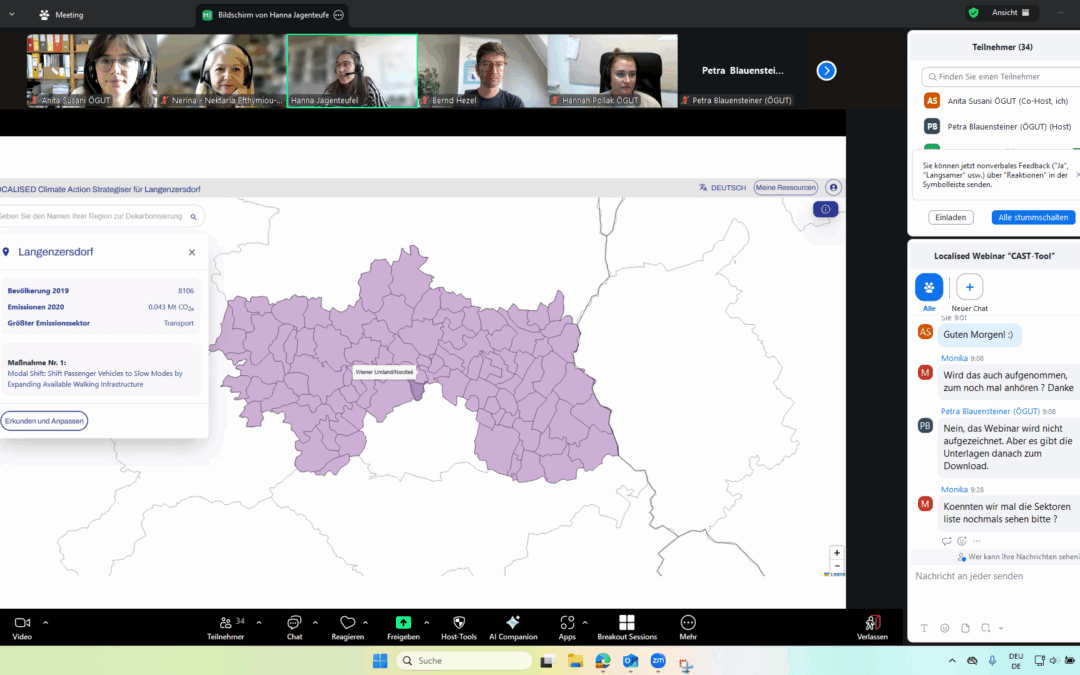
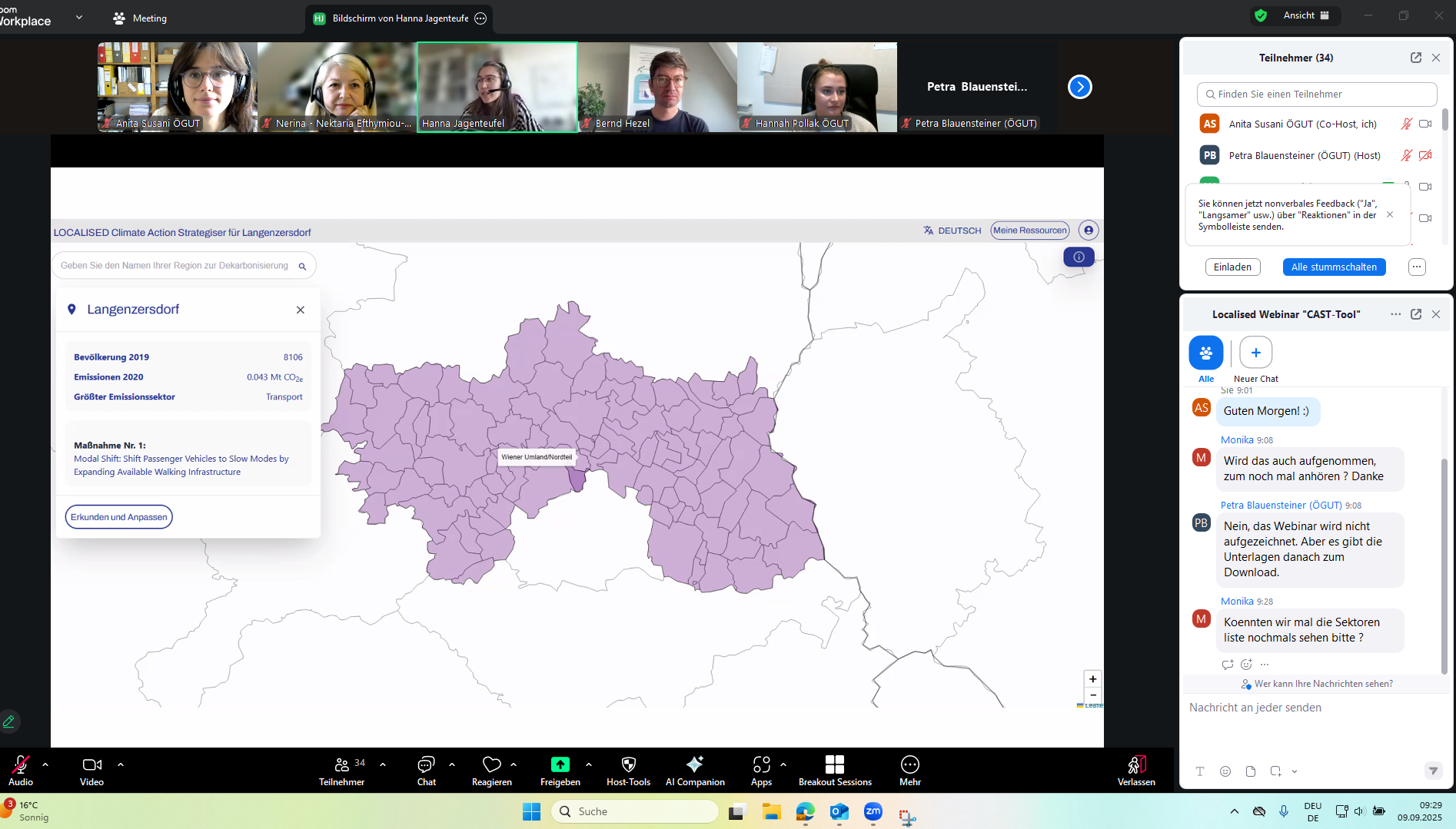

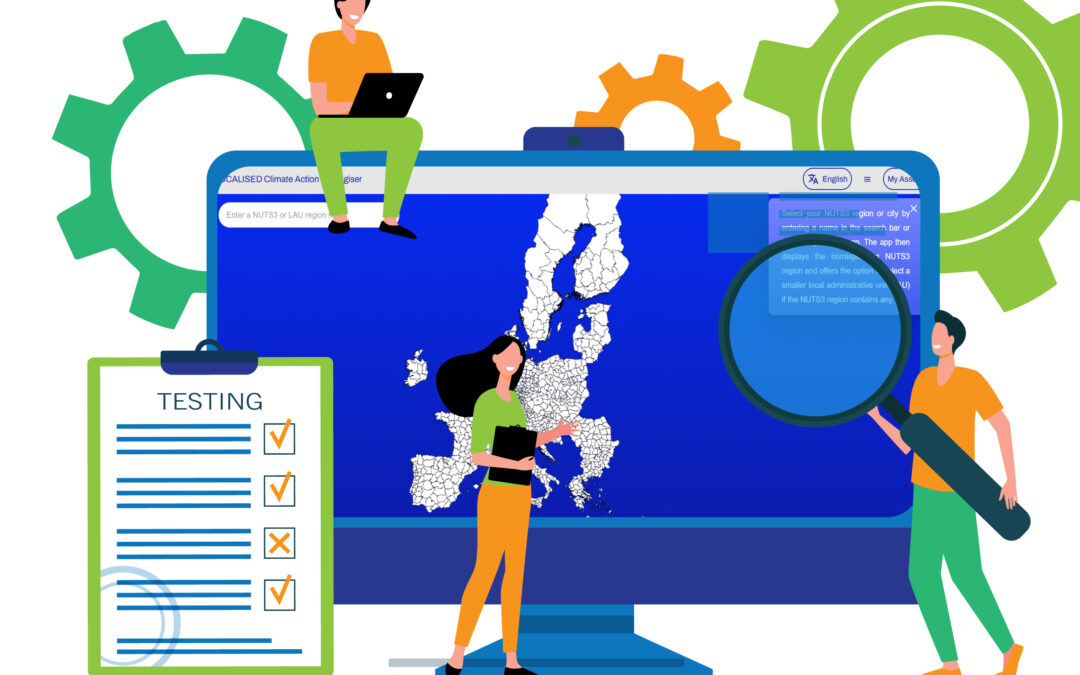
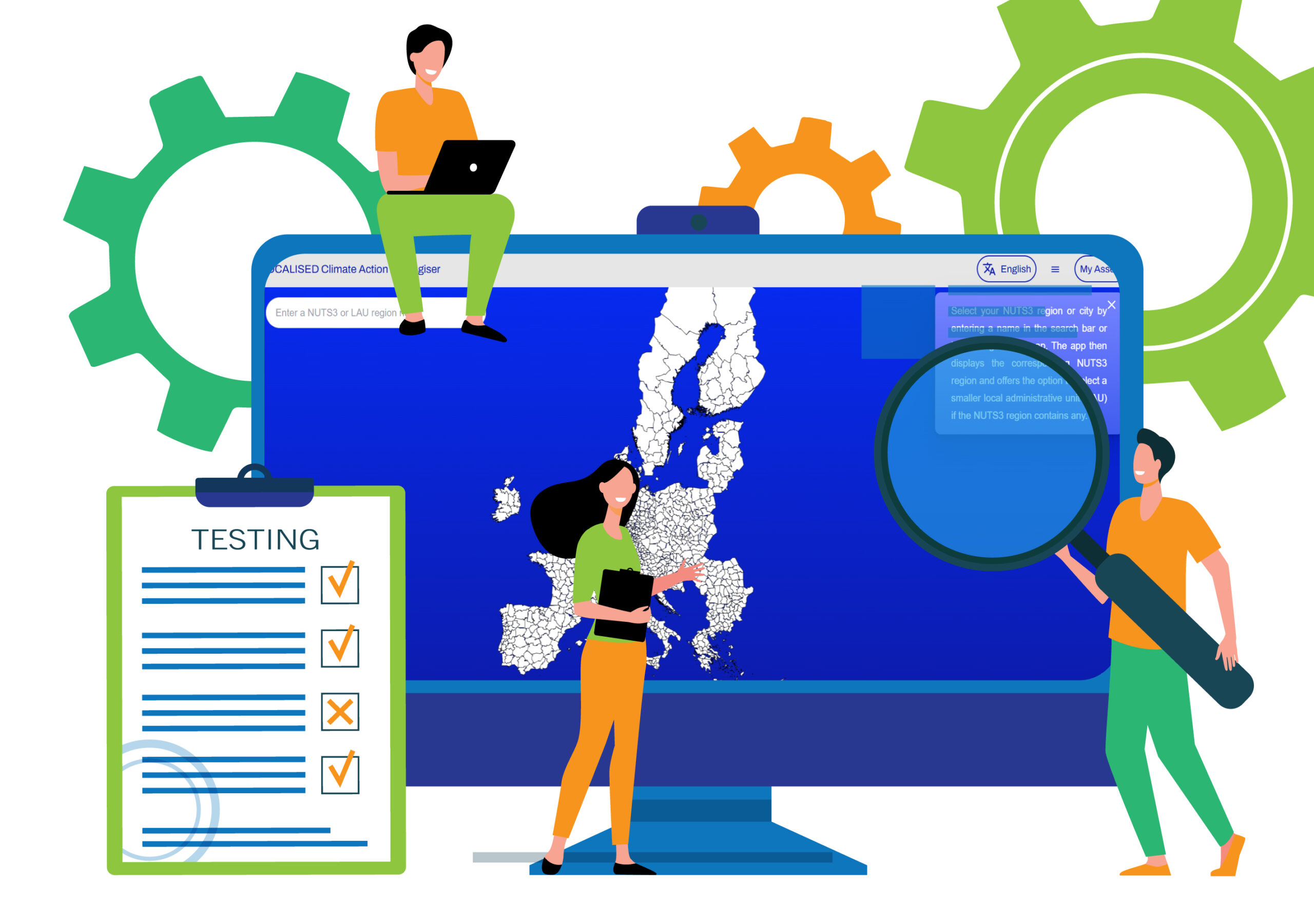

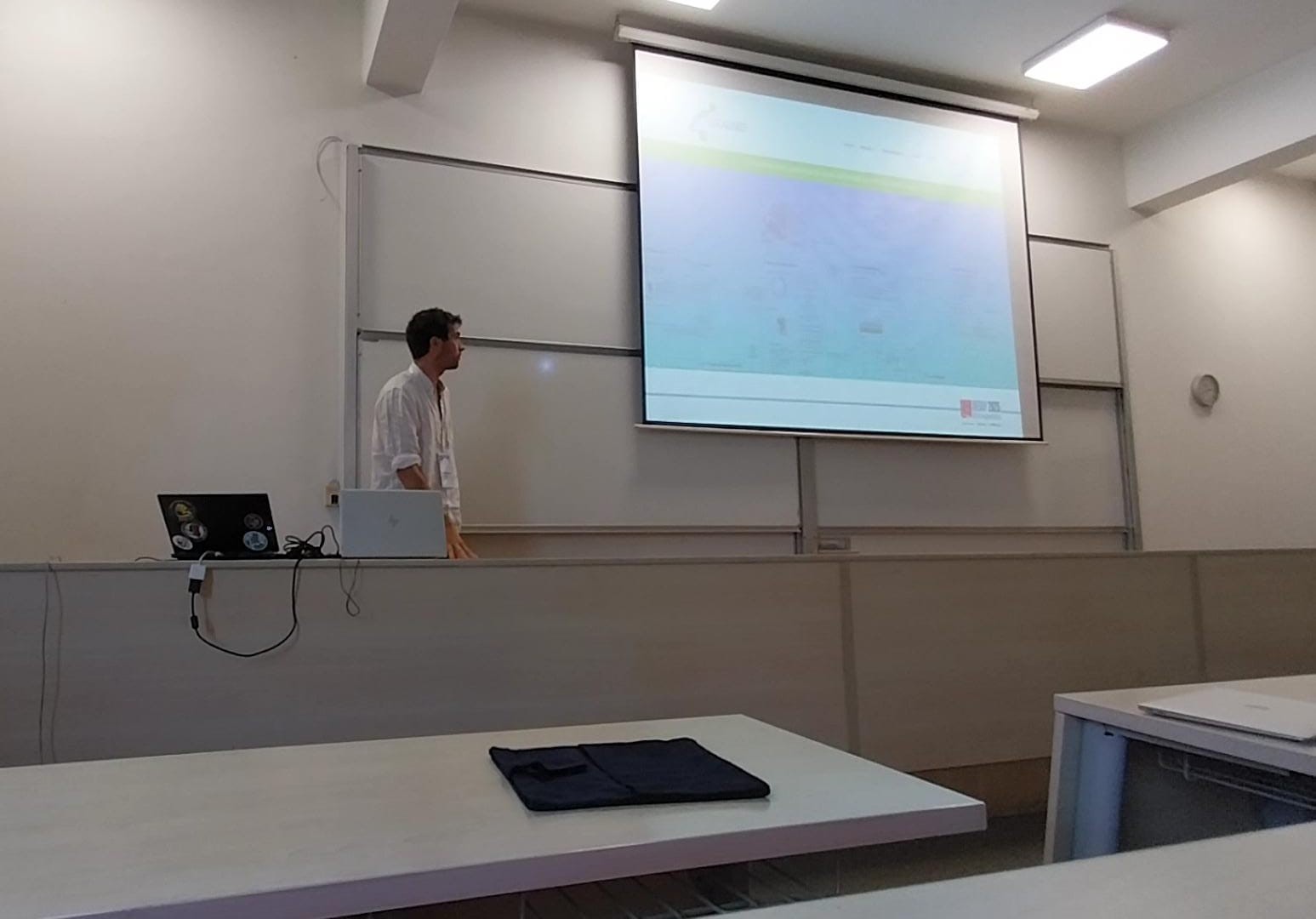
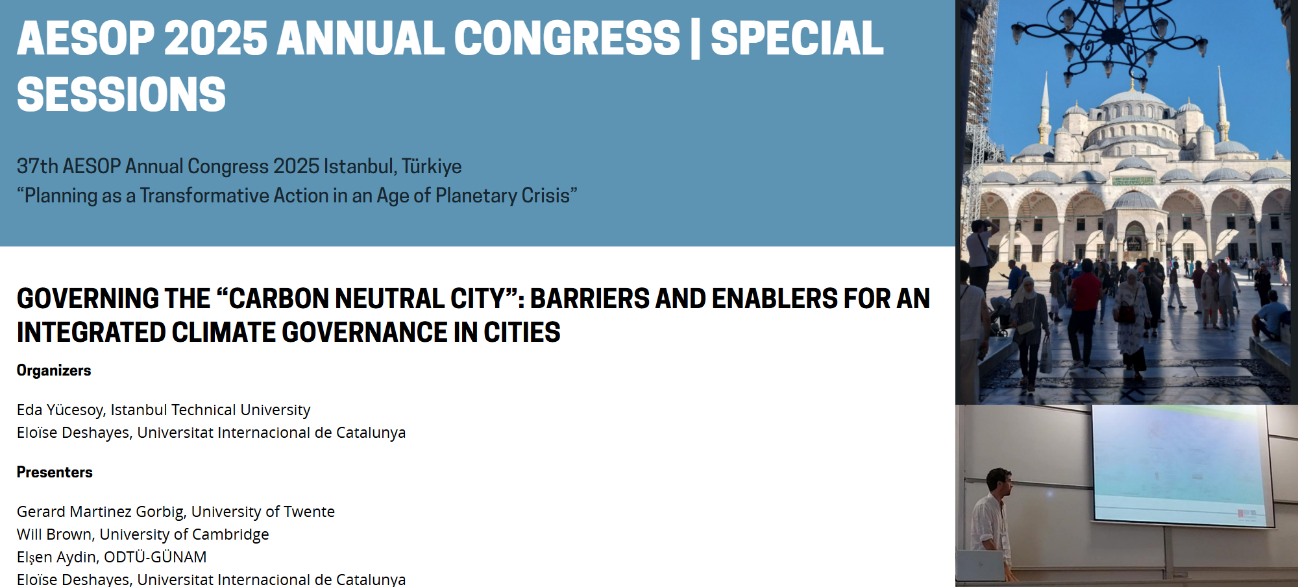

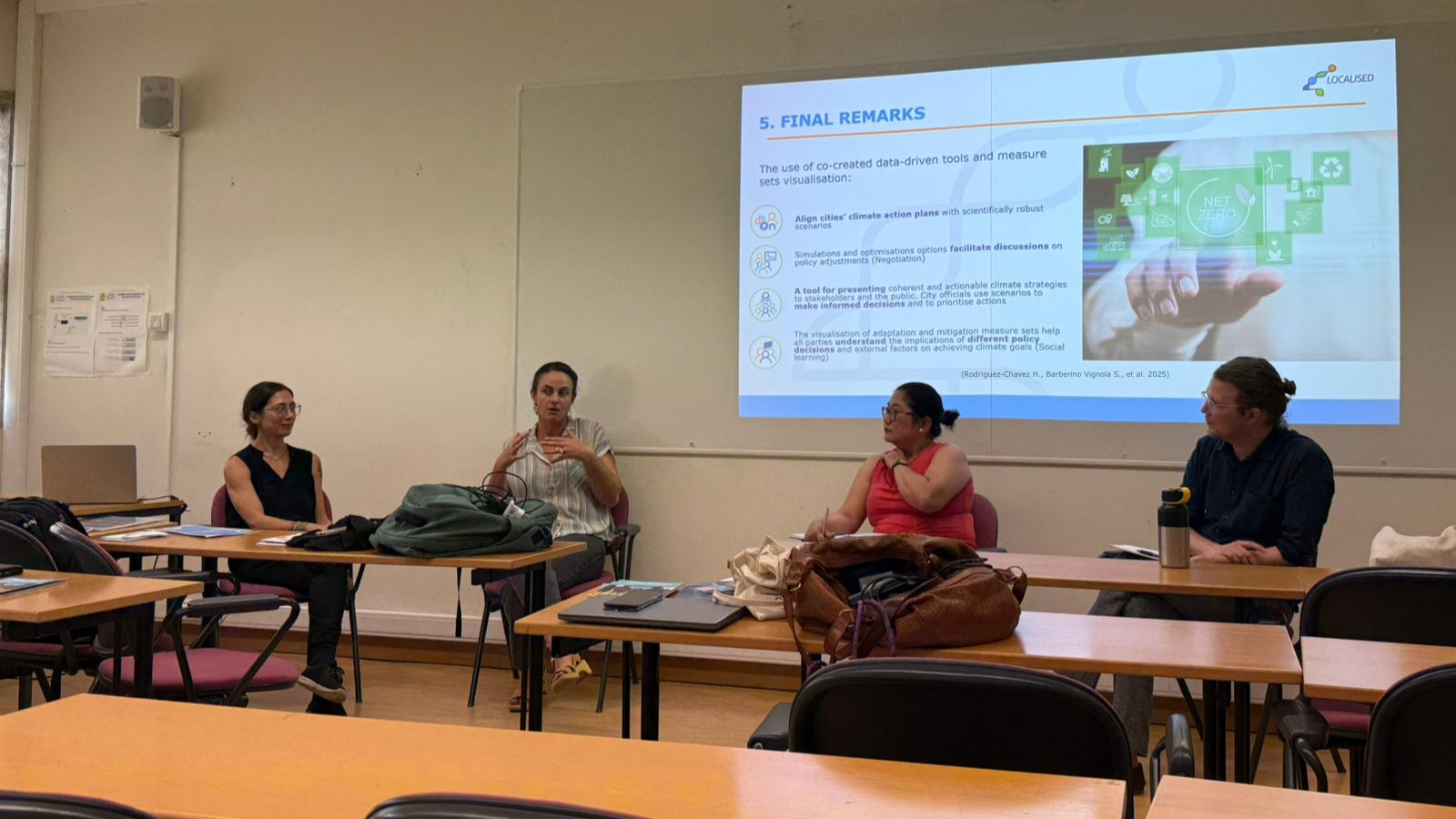
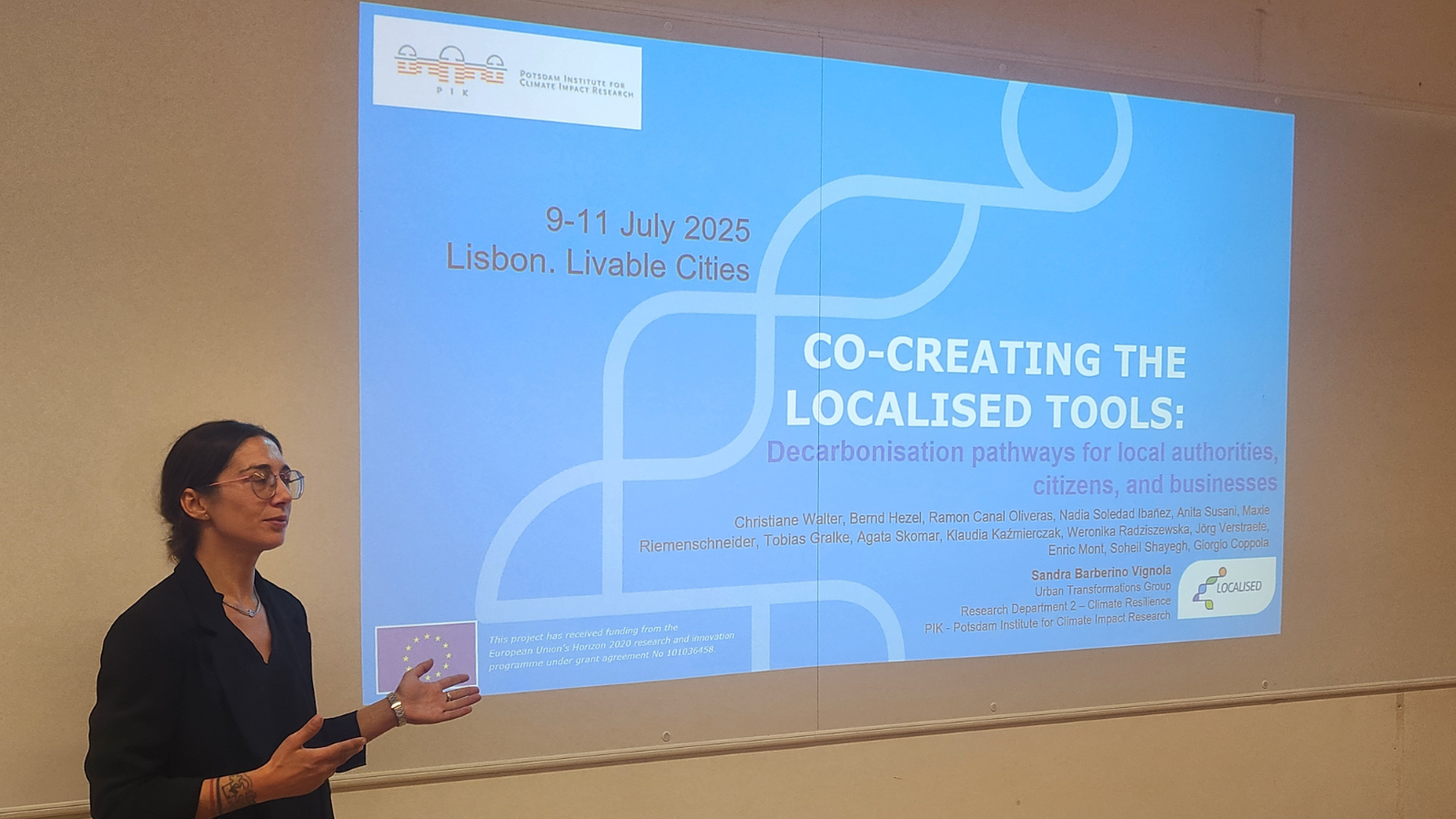



Recent Comments